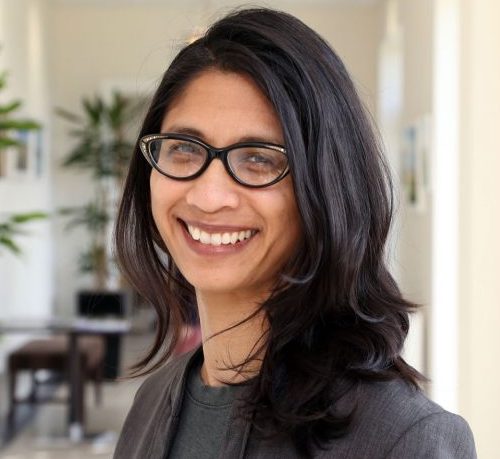Internet Studies Lecture Series: Technological Refusal: Reflections on developing a politics of computing

Date
Description
Technological refusal: Reflections on developing a politics of computing, with Dr Seeta Peña Gangadharan
Wednesday, February 24th, 1:00 PM
While the majority of public discourse on automated decision-making systems and artificial intelligence speaks optimistically about innovation, human progress, and benefits of new technologies to society, a significant minority harbors deep anxieties about tech development. Some groups and individuals argue such technologies exacerbate their experience of systematic hardships and cause material and emotional harm, leading many to refuse, reject, and resist the increased presence of automated technologies in their lives. At the same time that certain individuals and groups are practicing technological refusal, a variety of efforts within the tech industry and the field of computer science echo similar sentiments. The practices range from explicit expressions of refusal and resistance (e.g., worker walkouts at Google against Project Maven) to implicit forms of rejection (e.g., adopting public interest technology or other ethical frameworks). In this talk, I explore the through line between these different forms of technological refusal. Extending beyond conventional constructionist arguments about technology and values, I reflect on the possibilities for developing a politics of and in computing.
Dr Seeta Peña Gangadharan is Associate Professor in the Department of Media and Communications at the London School of Economics and Political Science. Her work focuses on inclusion, exclusion, and marginalization, as well as questions around democracy, social justice, and technological governance. She currently co-leads two projects: Our Data Bodies, which examines the impact of data collection and data-driven technologies on members of marginalized communities in the United States, and Justice, Equity, and Technology, which explores the impacts of data-driven technologies and infrastructures on European civil society.